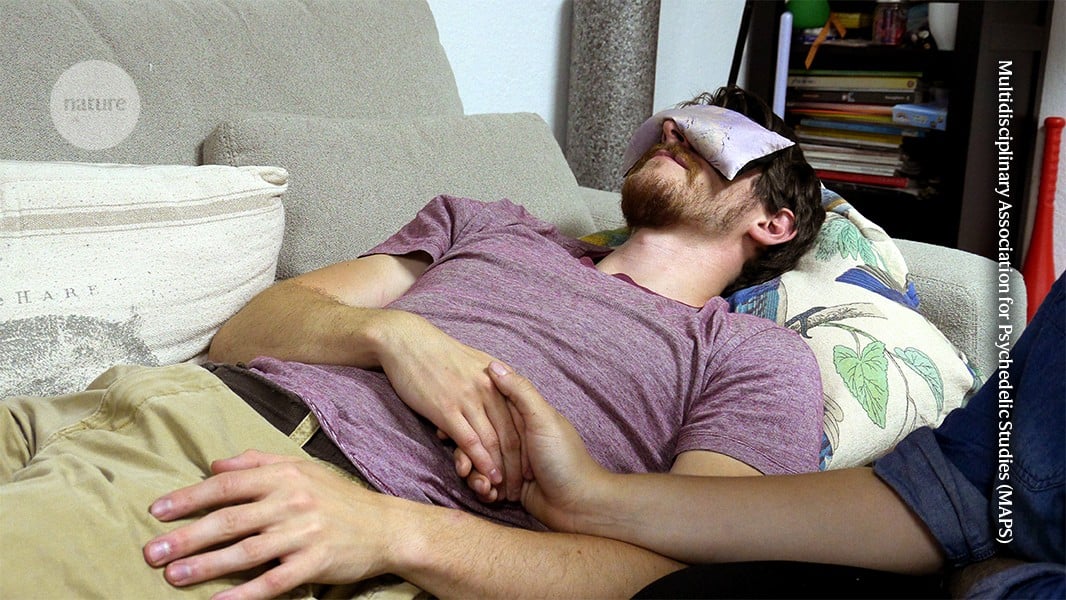- cross-posted to:
- [email protected]
- cross-posted to:
- [email protected]
But Marks points out that the FDA typically follows the advice of its independent advisory committees — and the one that evaluated MDMA in June overwhelmingly voted against approving the drug, citing problems with clinical trial design that the advisers felt made it difficult to determine the drug’s safety and efficacy. One concern was about the difficulty of conducting a true placebo-controlled study with a hallucinogen: around 90% of the participants in Lykos’s trials guessed correctly whether they had received the drug or a placebo, and the expectation that MDMA should have an effect might have coloured their perception of whether it treated their symptoms.
Another concern was about Lykos’s strategy of administering the drug alongside psychotherapy. Rick Doblin, founder of the Multidisciplinary Association for Psychedelic Studies (MAPS), the non-profit organization that created Lykos, has said that he thinks the drug’s effects are inseparable from guided therapy. MDMA is thought to help people with PTSD be more receptive and open to revisiting traumatic events with a therapist. But because the FDA doesn’t regulate psychotherapy, the agency and advisory panel struggled to evaluate this claim. “It was an attempt to fit a square peg into a round hole,” Marks says.



deleted by creator
The problem is that it’s not a double blind trial because the participants can tell whether they are on it. The placebo effect is also a problem because there is no real control group.
deleted by creator
The problem is that you can’t tell if it’s truly working due to the placebo effect.
deleted by creator
The idea of modern medicine is to sell chemical compounds that actually have an effect. It’s a philosophical and ethical thing. All products have a unique psychological effect that gets intertwined with their biochemical effect. If you can’t study them individually, it’s impossible to tell if the biochemical effect even exists at all. If your medicine relies heavily, or even entirely, on the psychological side, it’s no different than homeopathy. The idea of modern medicine is to be better than the old stuff that preceded it.
I prefer to think of this as an equation like this: Pm+Bm=Pp+Bp
Pm=psychological effect, medicine
Bm=biochemical effect, medicine
Pp=psychological effect, placebo = surprisingly big
Bp=biochemical effect, placebo = 0
If these sides are equivalent, the medicine is just as effective as placebo. If the medicine side is bigger, you’ll want to know how much of it comes from the P and B terms. In order to figure that out, you would need to know some values. Normally, you can just assume that Pm=Pp, but if you can’t assume that, it you’re left with two unknowns in that equation. In this case, you really can’t assume them to be equal, which means that your data won’t allow you to figure out how much of the total effect comes from psychological and biochemical effects. It could be 50/50, 10/90, who knows. That sort of uncertainty is a serious problem, because of the philosophical and ethical side of developing medicine.
I’m not sure if the biochemical effects of a placebo are 0.
Shamelessly stolen from Wikipedia because I couldn’t find the original source
Statistical tests are very picky. They have been designed by mathematicians in a mathematical ideal vacuum void of all reality. The method works in those ideal conditions, but when you take that method and apply it in messy reality where everything is flawed, you may run into some trouble. In simple cases, it’s easy to abide by the assumptions of the statistical test, but as your experiment gets more and more complicated, there are more and more potholes for you to dodge. Best case scenario is, your messy data is just barely clean enough that you can be reasonably sure the statistical test still works well enough and you can sort of trust the result up to a certain point.
However, when you know for a fact that some of the underlying assumptions of the statistical test are clearly being violated, all bets are off. Sure, you get a result, but who in their right mind would ever trust that result?
If the test says that the medicine is works, there’s clearly financial incentive to believe it and start selling those pills. If it says that the medicine is no better than placebo, there’s similar incentive to reject the test result and demand more experiments. Most of that debate goes out the window if you can be reasonably sure that the data is good enough and the result of your statistical test is reliable enough.